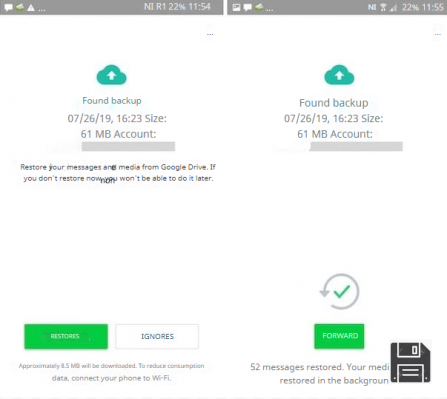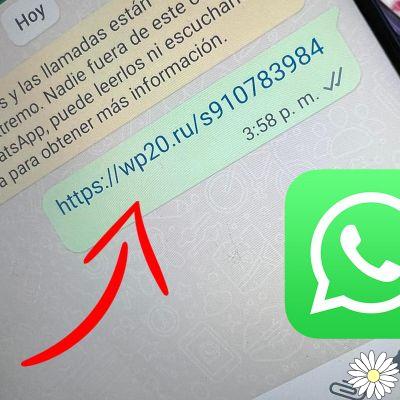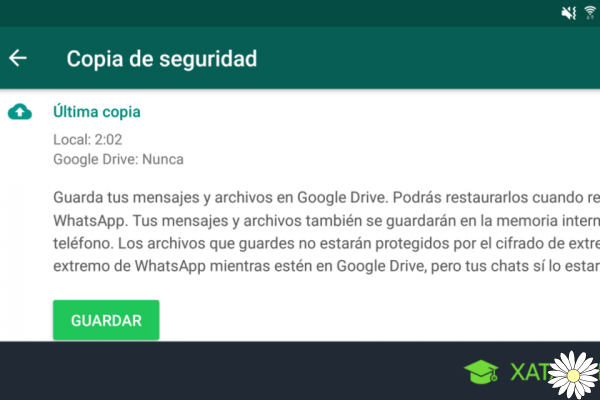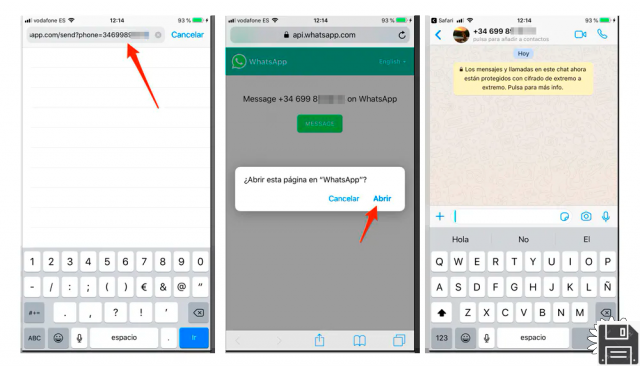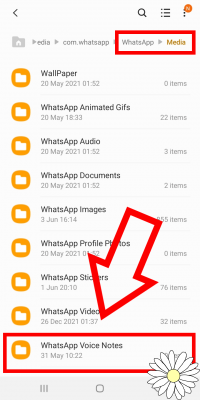 Article about scams, scams and viruses on WhatsApp
Article about scams, scams and viruses on WhatsApp
Welcome to our informative article about scams, scams and viruses that can affect your devices through WhatsApp. In this text, we will give you advice to avoid being a victim of these scams, we will teach you how to identify and protect yourself from the most common viruses, and we will alert you about new viruses and hoaxes that circulate on the platform.
Tips to avoid being a victim of scams on WhatsApp
In this section, we will provide you with some practical tips to avoid falling for the scams and scams that spread through WhatsApp. It is important to be alert and follow these recommendations:
Don't click on suspicious links
One of the most common methods used by scammers is to send suspicious links through WhatsApp messages. These links can lead to malicious websites that try to steal your personal data or install malware on your device. Therefore, avoid clicking on links that look suspicious or come from unknown senders.
Do not share personal or confidential information
Remember that WhatsApp is an instant messaging platform and not a secure channel to share personal or confidential information. Avoid providing sensitive data such as passwords, credit card numbers, or banking information through the app. Scammers can impersonate trusted people to obtain this information and use it for fraudulent purposes.
How to identify and protect yourself from viruses on WhatsApp
In this section, we will teach you how to identify and protect yourself from viruses that can affect your devices through WhatsApp. It is important to be informed and take preventive measures to keep your devices safe:
Install a reliable antivirus
To protect your device from possible viruses and malware, it is advisable to install a reliable antivirus. There are many options available in the market, both free and paid. Research and choose the one that best suits your needs and perform regular scans to detect and eliminate any threats.
Do not download suspicious attachments
If you receive a suspicious attachment through WhatsApp, avoid downloading and opening it. Attachments may contain malware that can damage your device or steal your personal information. If you are not sure where the file comes from, it is better not to risk it and delete it without opening it.
Alerts about new viruses and hoaxes on WhatsApp
In this section, we will keep you informed about the new viruses and hoaxes circulating on WhatsApp. It is important to be aware of the latest threats in order to adequately protect yourself:
Virus WhatsApp Gold
Recently, a new virus called WhatsApp Gold has emerged that spreads through messages promising an exclusive version of WhatsApp with special features. However, this message is fake and can lead to the installation of malware on your device. Don't fall into the trap and avoid downloading any version of WhatsApp that does not come from official sources.
Hoaxes about fake promotions
Hoaxes also circulate on WhatsApp about fake promotions that offer incredible prizes or discounts. These messages usually ask you to share the promotion with your contacts or to enter your personal information in a form. Don't fall for these scams and always verify the authenticity of promotions before sharing information or participating in them.
FAQs
What should I do if I think I have been the victim of a scam on WhatsApp?
If you suspect that you have been the victim of a scam on WhatsApp, it is important to take quick action to protect your devices and personal information. First of all, change all your passwords, both for WhatsApp and other related accounts. Next, scan your device for possible viruses or malware using a reliable antivirus. If you have shared personal or sensitive information, consider reporting it to the appropriate authorities and be alert for possible fraudulent activity on your bank accounts or credit cards.
How can I verify the authenticity of a promotion on WhatsApp?
To verify the authenticity of a promotion on WhatsApp, it is advisable to conduct research before sharing information or participating in it. Look for information about the promotion from reliable sources, such as the company's official website or verified social networks. If the promotion seems too good to be true or if you are asked for personal or confidential information, it is best not to participate and avoid falling for potential scams.
Conclusion
In short, it is essential to be informed and take preventive measures to protect your devices from scams, scams and viruses that circulate on WhatsApp. Avoid clicking on suspicious links, do not share personal or confidential information, install a reliable antivirus, do not download suspicious attachments and stay alert about new viruses and hoaxes that may arise. Remember that the security of your devices and your personal information depends on you.
We hope this article has been useful to you and helps you protect yourself from threats on WhatsApp. If you have any additional questions, please do not hesitate to contact us. Until next time!













